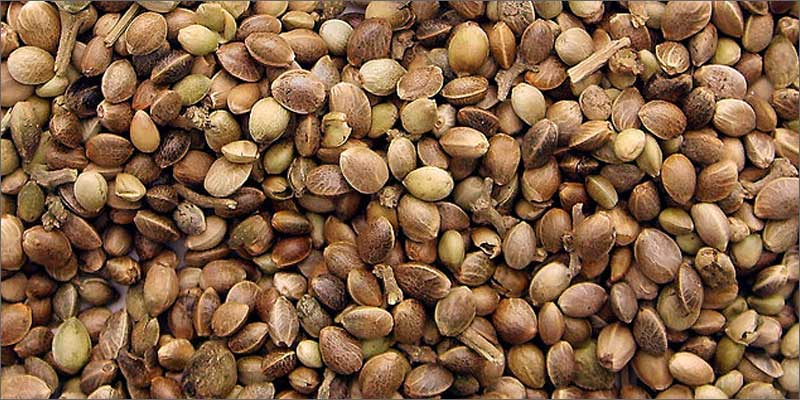In the realm of sustainable agriculture, an sudden participant has emerged, bringing with it a myriad of alternatives and opportunities—the humble hashish seed. Normally involved with recreational and medicinal use, hashish seeds are now attaining notice for their potential purpose in advertising and marketing sustainability in agriculture. In this article, we will take a look at how cannabis seeds can contribute to sustainable farming methods, from soil overall health to useful resource effectiveness.
Nutrient-Abundant Soil Modification:
Hashish plants are regarded for their skill to thrive in a assortment of soil disorders. Their deep root techniques enrich soil framework and advertise aeration, which can be particularly helpful for crops that observe in their footsteps. In imp source , cannabis vegetation are efficient nutrient accumulators, absorbing extra nutrition from the soil. When these vegetation are harvested, the nutrient-prosperous leaves and stems can be returned to the soil as organic and natural issue, enriching it normally and lowering the need for artificial fertilizers.
Biodiversity and Companion Planting:
In sustainable agriculture, preserving biodiversity is critical for ecosystem equilibrium. Hashish vegetation can enjoy a function in this by serving as companion crops. Their one of a kind compounds, these kinds of as terpenes, can act as natural pest deterrents, safeguarding neighboring crops from hazardous bugs. Integrating hashish into a assorted planting scheme can add to a much more resilient and self-sustaining ecosystem, cutting down the reliance on chemical pesticides.
Carbon Sequestration:
As the environment grapples with the worries of local climate adjust, the importance of carbon sequestration in agriculture can not be overstated. Cannabis vegetation are renowned for their quick expansion and substantial carbon uptake throughout photosynthesis. By incorporating hashish into crop rotations, farmers can lead to carbon sequestration, mitigating the impacts of greenhouse fuel emissions. This tactic aligns with sustainable farming practices aimed at creating more healthy, carbon-rich soils.
Drinking water Performance:
Water scarcity is a pressing issue in agriculture, prompting the need for drinking water-efficient crops. Cannabis vegetation exhibit a impressive capacity to thrive in varied climates with different water availability. Their deep roots empower them to entry drinking water from deeper soil levels, minimizing levels of competition with shallower-rooted crops. By strategically integrating hashish into farming programs, in particular in areas dealing with h2o worries, farmers can enhance h2o use and encourage sustainable water administration procedures.
Regenerative Farming Practices:
Regenerative agriculture focuses on restoring and boosting the well being of the soil ecosystem. Cannabis, with its adaptable and resilient nature, can be a crucial participant in regenerative farming. The cultivation of hashish using regenerative procedures, these types of as small tillage and include cropping, can assistance avert soil erosion, make improvements to h2o retention, and enrich all round soil fertility. This holistic approach to farming aligns with the ideas of sustainability, ensuring the extensive-phrase wellbeing and productiveness of the land.
Summary:
In the evolving landscape of sustainable agriculture, hashish seeds are emerging as a useful useful resource for farmers seeking modern and eco-pleasant alternatives. From soil health to drinking water performance, the diverse characteristics of hashish plants offer a multifaceted method to addressing the problems faced by fashionable agriculture. As we continue on to investigate the probable of hashish seeds in sustainable farming tactics, it turns into evident that this unassuming seed might maintain the essential to a greener, much more resilient potential for our planet’s food items output.